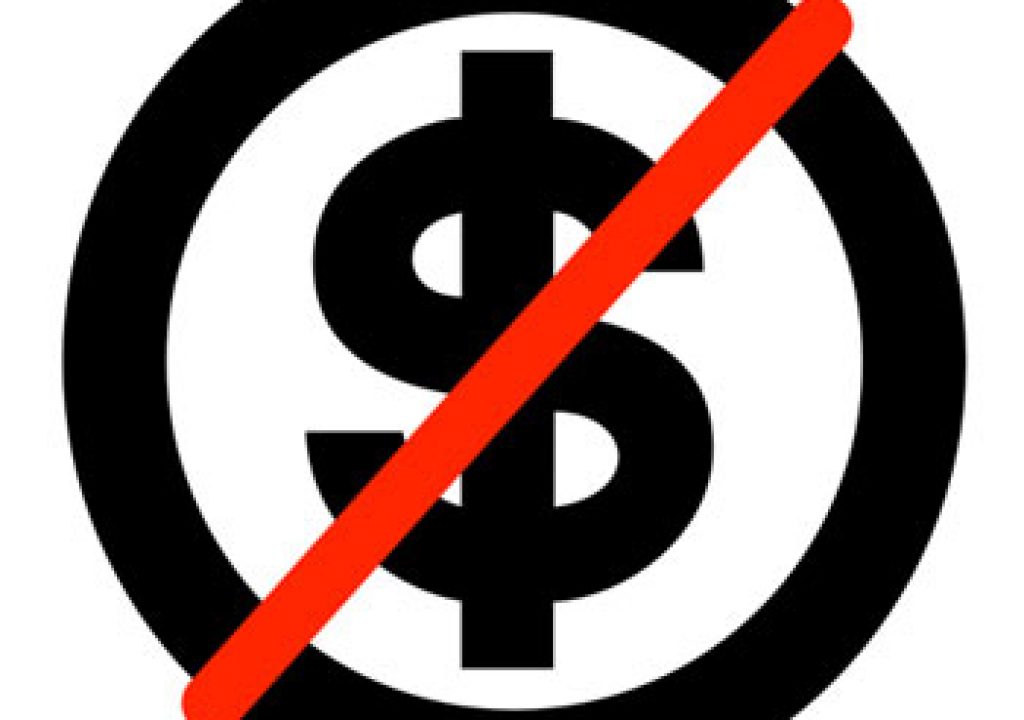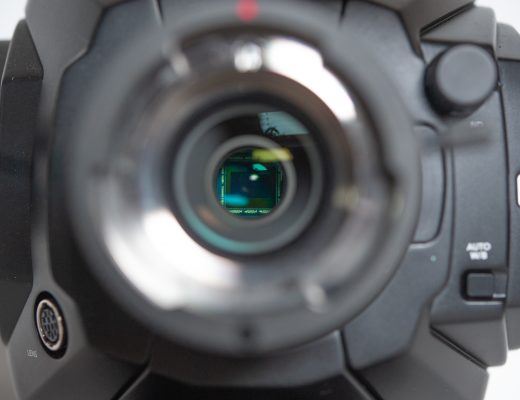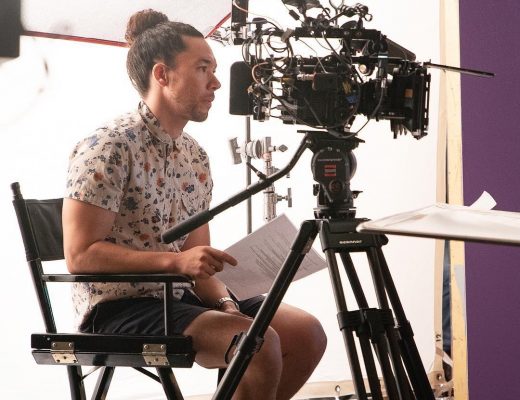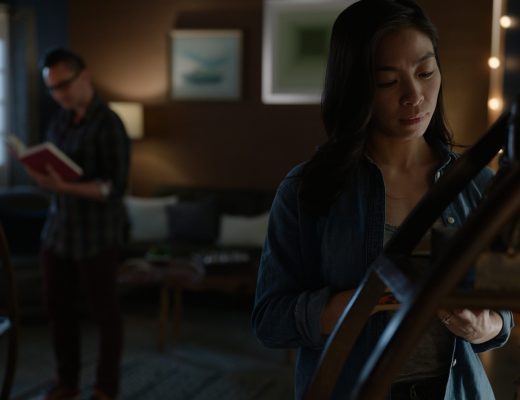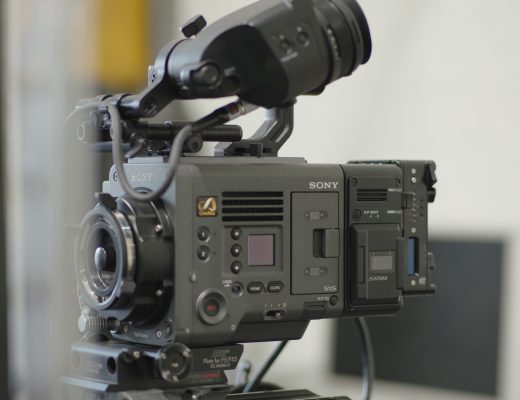Everyone starts out working for free. That’s the only way those in the industry can find out whether you’re any good. At some point, though, it’s important to stop–or at least be more selective.
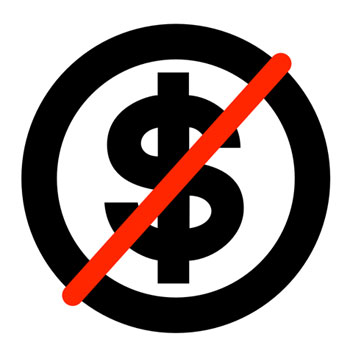
Over the years I’ve shot a number of freebies. Early in my career I did this for experience: film school was great for theory but told me nothing about how the real world worked, and the only way to learn that aspect of the business was to work in the real world. The problem, though, is that if you have no experience no one will hire you.
So how do you get experience?
You work for free. For a little while.
The hope is that you’ll pick things up quick enough and well enough that those you work with will remember you for paid gigs. This is one of the best ways to break into the business as crew will almost never hire anyone they haven’t worked with, or that no one they know has worked with. Sets can be high-stress environments with no room for mistakes, and that kind of temperament and ability can’t be judged off a resume… unless that resume is full of names recognizable to the person reading it. Then they have a way of checking up on that person.
If you worked with that person on a freebie and they say good things about you… you’re in. You’ll be on the bottom rung, but that’s better than not being on the ladder at all.
This works well for technicians, like camera assistants. Crafts with an artistic bent take on a different slant: the assessment now includes a showreel. In some cases the showreel can get one past the “reference checking” process, but often the “freebie” rule still applies.
In my case, my closest relationship with anyone on the set is generally with the director, and the only way to discover whether we work well together is to shoot something whose outcome matters somewhat but isn’t going to cost anyone a career if it fails–the way a real shoot could.
I’ve done a lot of freebies with a lot of directors, and I’ve honed my criteria for doing these kinds of shoots over many years.
In the old days, when I was trying to break into the business, my criteria were:
(1) Will I learn something on this job that will help me get a better job?
(2) Will I make networking connections that will lead to future employment?
(3) Am I being obviously exploited, or is the exploitation subtle enough that I can fool myself that it doesn’t exist?
The risks for exploitation are high. Many will happily hire you to work on a project just because you’re the best they can get at the time; as soon as they get a real job, with real money, they’ll hire someone much more experienced. This happens more often than I’d like to admit, and I dealt with this a lot very early in my career (mostly in LA).
These days, as an established DP, my criteria are a bit different:
(1) Am I doing this project with someone who is likely to offer me paid work in the future, particularly if this project is successful?
(2) Am I getting something that I can add to my reel and expand what I can show potential clients?
I’m occasionally willing to take a chance with potential new employers because this is how they come to know you and trust you. Once they trust you they’ll bring you anywhere, but cracking the trust barrier is tough.
The trick is to make sure that no one is making money on the project. If I’m not making money, no one else should either. If the project is going to be sold down the line then I don’t work for free. I might work deferred, but generally not. As a rookie camera assistant I worked on several deferred projects and I made a total of $75 between all of them. (That’s about $150 more than most people make.)
These days I’ll consider shooting spec spots with promising new clients. I’ve done a number of them over the past few years and they’ve nearly all turned out well. Have they all been worth it? Yeah, mostly. I haven’t had any really horrible experiences on these freebies and I get to push my lighting and compositional skills, so they’ve been helpful. At the same time, though, those projects are days out of my life, and as I get older I want to spend less time creating media just for the shear sake of doing so and more time getting paid to do it.
Do I like my job? No. I LOVE IT. But I don’t want to do it on a regular basis for no compensation. If I don’t make money, I can’t keep doing it full time. Period.
When I’m approached to do a freebie I ask myself:
(1) Who is this director? Can they demonstrate to me that they can do quality work?
(2) Does the opportunity exist to build a lasting business relationship, particularly if we create something great together?
(3) Are the odds very good that I will walk away from this with something spectacular that I can show to get more work? Does it fill an empty niche in my reel? Can I take the opportunity to stretch myself?
(1) and (2) are “nice to haves.” (3) is a “must have.” I don’t work entirely for free except for the occasional charitable project shot with people I know. My payment for a “freebie” is footage that I can use however I want to in order to advance my portfolio.
Sometimes I’ve taken the raw footage from the shoot and cut it into something I can use because the director’s edit works for them but not for me as a cinematographer. (Once a director only allowed me to use his edit because he wanted only one version of the project out in the world. He also claimed, after the fact, that the entire project was his intellectual property, which surprised me as I had a very large part in making it into that property. That relationship didn’t work out. I want to work with collaborators, not dictators.)
This is a tough business. Often the only way to find out whether a business relationship is going to work is to do business without the risk of financial loss. At some point everyone works for free. The trick is to not make it a habit, and make sure that no matter what happens you get something out of the deal. If you’re just starting out, well, you’re getting the opportunity to prove yourself. For people like me, who have been around the block a few times, it’s more about learning whether my personality will compliment a director’s in the high-stress environment of a film set. Even so, I try not to shoot freebies very often–and I’m very selective when I do.
Art Adams is a DP who worked a lot of freebies early in his career to get started, but not so much anymore. His website is at www.artadamsdp.com.

Filmtools
Filmmakers go-to destination for pre-production, production & post production equipment!
Shop Now